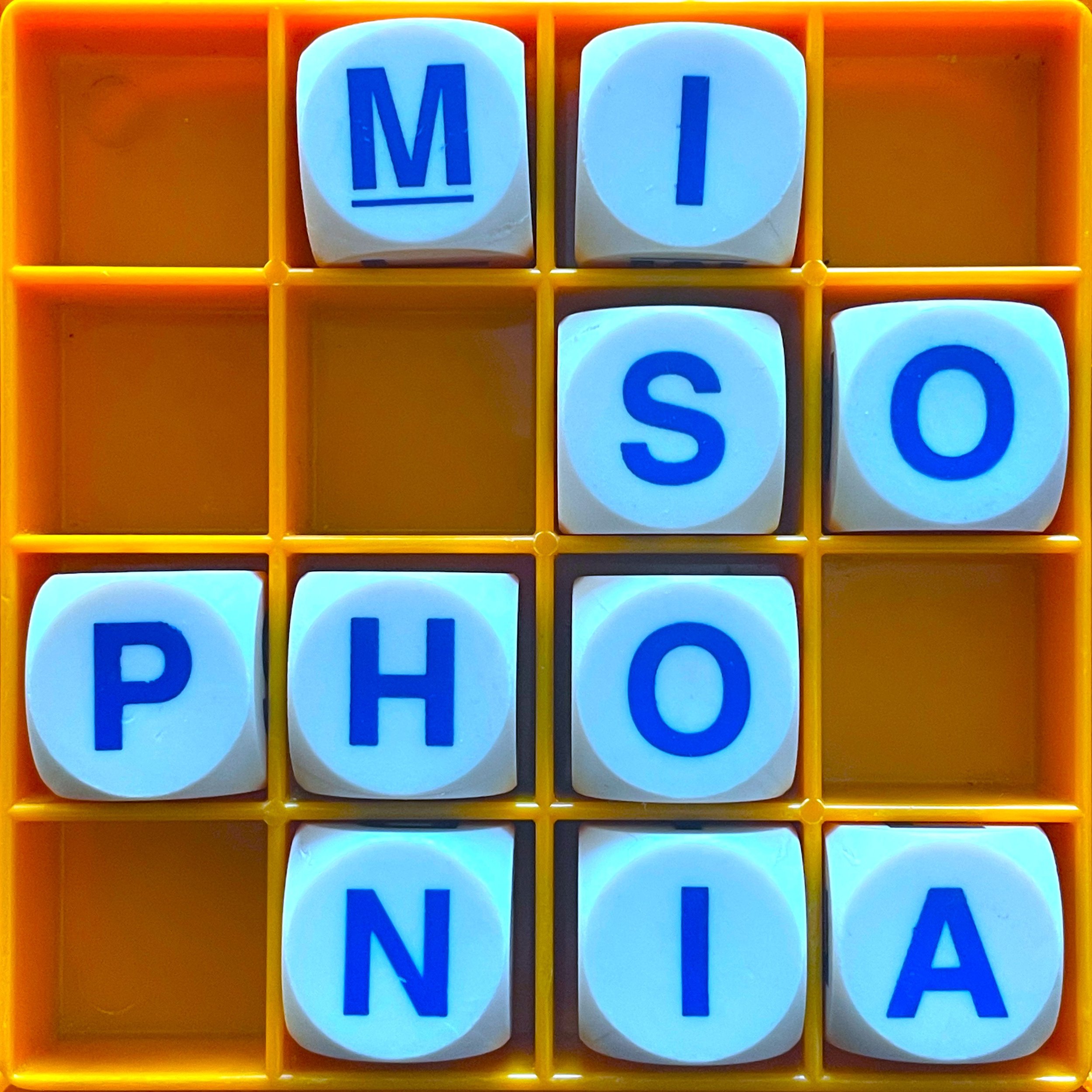At Lunar New Year, certain foods are particularly lucky to eat. Why? Because in Chinese, their names are puns on fortunate things. Damn, maybe noodles are all it takes to get me into puns after all... Professor Miranda Brown, cultural historian of China specialising in food and drink, explains the wordplay foods of new year, and why names are so resonant in Chinese.
Read moreAllusionist 184. Misophonia
The word 'misophonia' describes a condition that statistically, 20 per cent of you have: an extreme reaction to certain sounds. "For me, it was a relief to have a word for what I'd been experiencing," says Dr Jane Gregory, author of the new book Sounds Like Misophonia: How to Stop Small Noises from Causing Extreme Reactions, "because I thought for a long time that I was really uptight or maybe a bit controlling over other people, and that that was a problem with my character, as opposed to it actually being a problem with the way that my brain processes sounds." Jane offers advice for handling misophonia, including some very simple verbal techniques.
Read moreAllusionist 141. Food Quiz
Quiz time! Samin Nosrat and Hrishikesh Hirway of Home Cooking podcast join to deliver questions about food etymology, as well as what are the two words that make a dance track, and whether 'za' is an acceptable abbreviation for 'pizza'.
Play along and keep track of your score using the interactive scoresheet further down this post.
Read moreAllusionist 108. Enjoy!
In the last Food Season episode of the current batch, we get into the language of restaurant service - specifically those terms that give some of us (well, me) fiery indigestion, like “Enjoy!” or “Are you still working on that?” Restaurant psychologist Stephani Robson and former server Sara Brooke Curtis explain how what servers say is affected by such things as restaurant furniture, tipping, the need to turn a table around quickly for the next diners, and customer moods and caprices.
Read more




